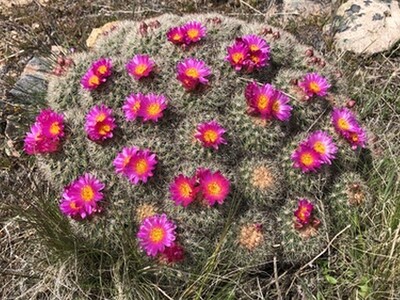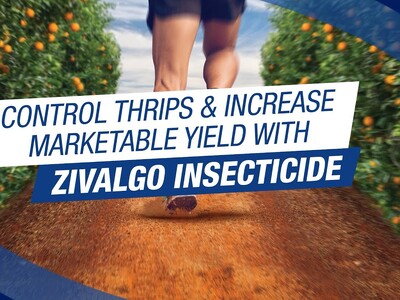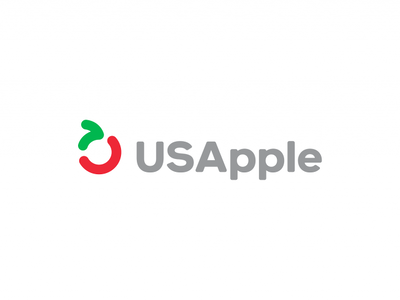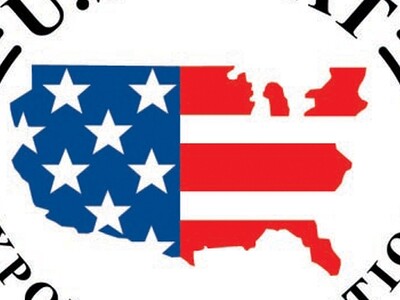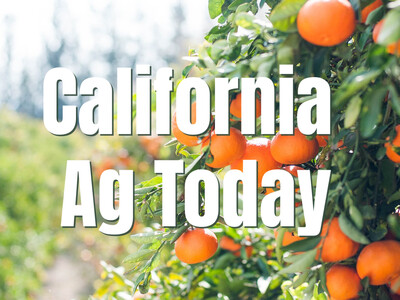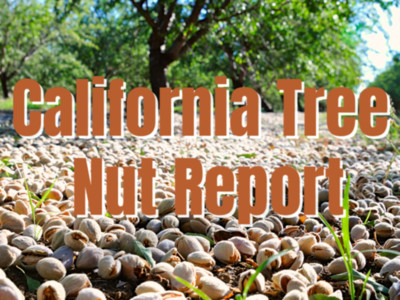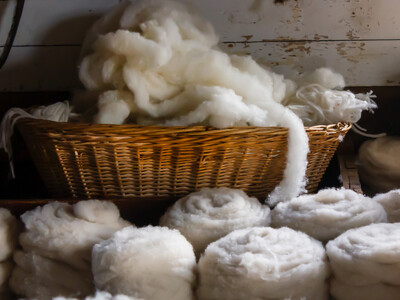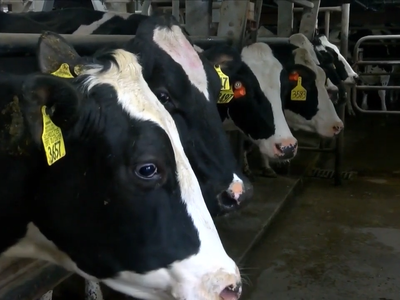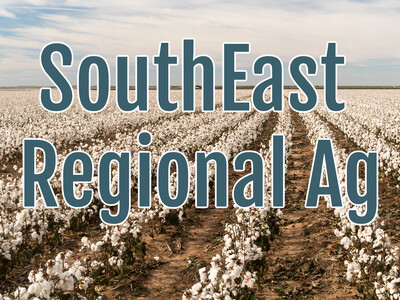Honeybee Genetic Repository
Honeybee Genetic RepositoryI'm Lacy Gray with Washington Ag Today.
WSU Extension entomology research associate, Sue Cobey, and her colleagues have been working to improve the fitness and genetic diversity of the U.S. honeybee gene pool. Due to import restrictions on live insects WSU scientists sought to import bee semen instead, and in 2008 obtained permission from APHIS to import the strongest stock from Europe.
COBEY: The interesting thing about honeybee semen is you can hold that at room temperature for about two weeks. There's a grad student at WSU, Brandon Hopkins, who's working on methods of cryopreservation, and he's working with different diluents to keep the semen alive and viable for longer periods of time. We're freezing it in liquid nitrogen, which is a common technique for poultry, horses, cattle, but we haven't had that technology for honeybees and now we've pretty much figured that out. Based on that we're starting a genetic repository for honeybee semen, which is pretty much the first in the world.
Beekeeper needs vary across the different U.S. climate zones, therefore three different subspecies have been targeted as the best breeding stock for import.
COBEY: So far we're restricted by our permit to the subspecies that exist here, which is basically Italian, Carniolan, which are well established, and Caucasian, which was initially brought in but was pretty much lost and we have reestablished that. It's a dark winter hardy bee known for collection of propolis. Propolis are plant resins they pick up and it's kind of like a self medication.
Cobey says the imported semen is tested for viruses. Then the approved semen is artificially inseminated into queen bees, which can then be released to queen bee producers.
Tomorrow Cobey will talk about her work bringing queens and drones together, and how she came to be known locally as the "Bee Whisperer".
That's Washington Ag Today.
I'm Lacy Gray on the Ag Information Network.




